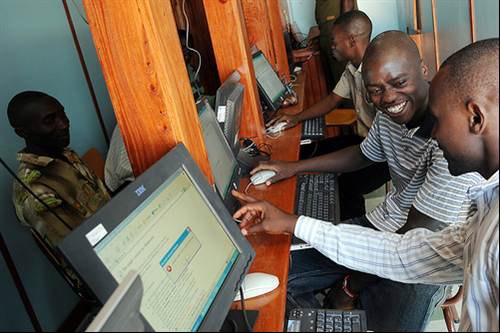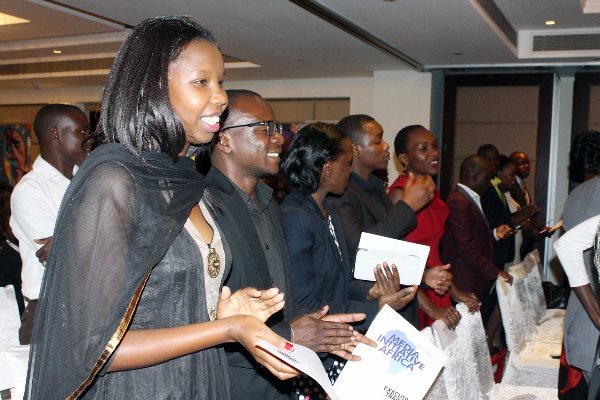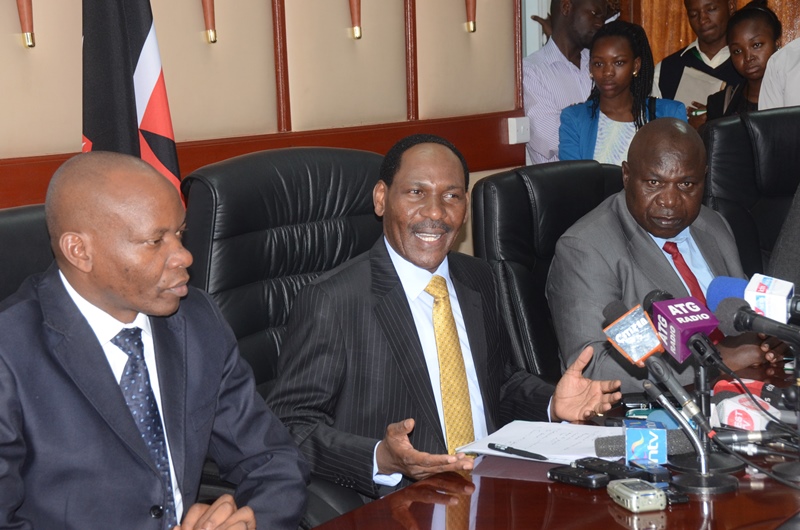Kenyans now view the internet as a source of livelihood and a basic necessity that should be made cheaply available nationwide, a new survey now indicates.
A month-long study conducted across Kenya and commissioned by the Centre for International Governance Innovation (CIGI) and research firm Ipsos, said 86 per cent of Kenyans viewed the internet as the epitome of freedom of expression and political freedom.
Almost all respondents (95 per cent) said the internet was part of their economic future and livelihood.
On the slow growth of internet banking, the sector appears to be plagued by fears of hacking that could see individuals lose money from their bank accounts to cyber criminals, with most respondents saying security agencies should be able to access citizens’ online data.
“39 per cent of Kenyans say it is no big deal to share their private information with private companies, but 96 per cent said they were unlikely to take up online banking services since they feared a criminal could empty their hard-earned cash,” it says.
“Seventy per cent of Kenyans and other global citizens feel law-enforcement agencies must access the online communications of citizens as a matter of right, especially those suspected of a crime,” the report adds.
98 per cent of Kenyans surveyed felt that the internet was important for their future in terms of accessing scientific knowledge and other important information.
This, they felt, should be deliberately fast-tracked via government interventions of making provisions of internet access cheaper and available nationally.
“The findings in this survey shine an important light on the nexus between trust, national security, and privacy in the increasingly dark and ungoverned space of the Internet,” said director of CIGI’s Global Security & Politics Programme Mr Fen Hampson.
Mr Hampson said that some of the most pressing challenges that the international community faces today lived in the inter-connection which “illuminates the need for innovative governance solutions.”
The survey said most global citizens (85 per cent) agreed that phones should be unlocked when someone is suspected of a crime. (BUSINESS DAILY)



















































![Pula Co-Founders and Co-CEOs, Rose Goslinga & Thomas Njeru. Pula provides agricultural insurance and digital products to help smallholder farmers manage climate risks, improve farming practices and increase their incomes. [ Photo / Courtesy ]](https://businesstoday.co.ke/wp-content/uploads/2021/01/Pula-Co-Founders-and-Co-CEOs-Thomas-Njeru-Rose-Goslinga.jpg)




























































Leave a comment